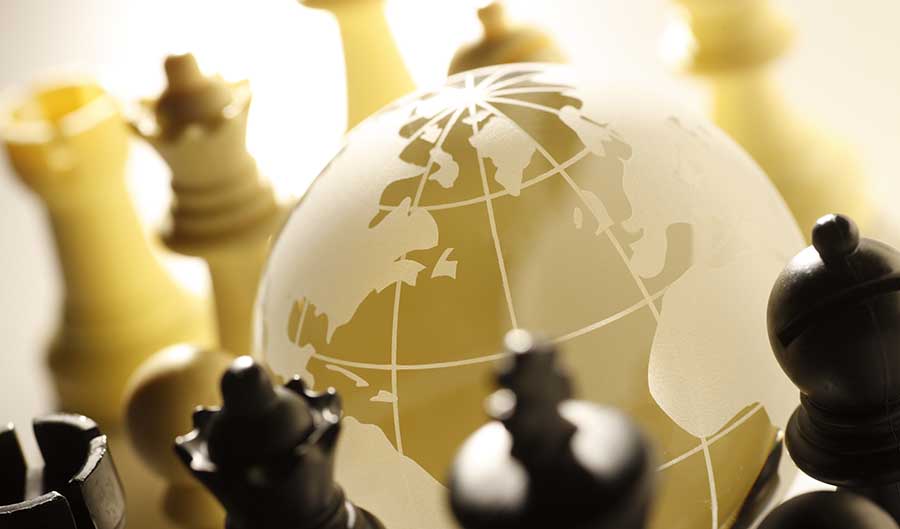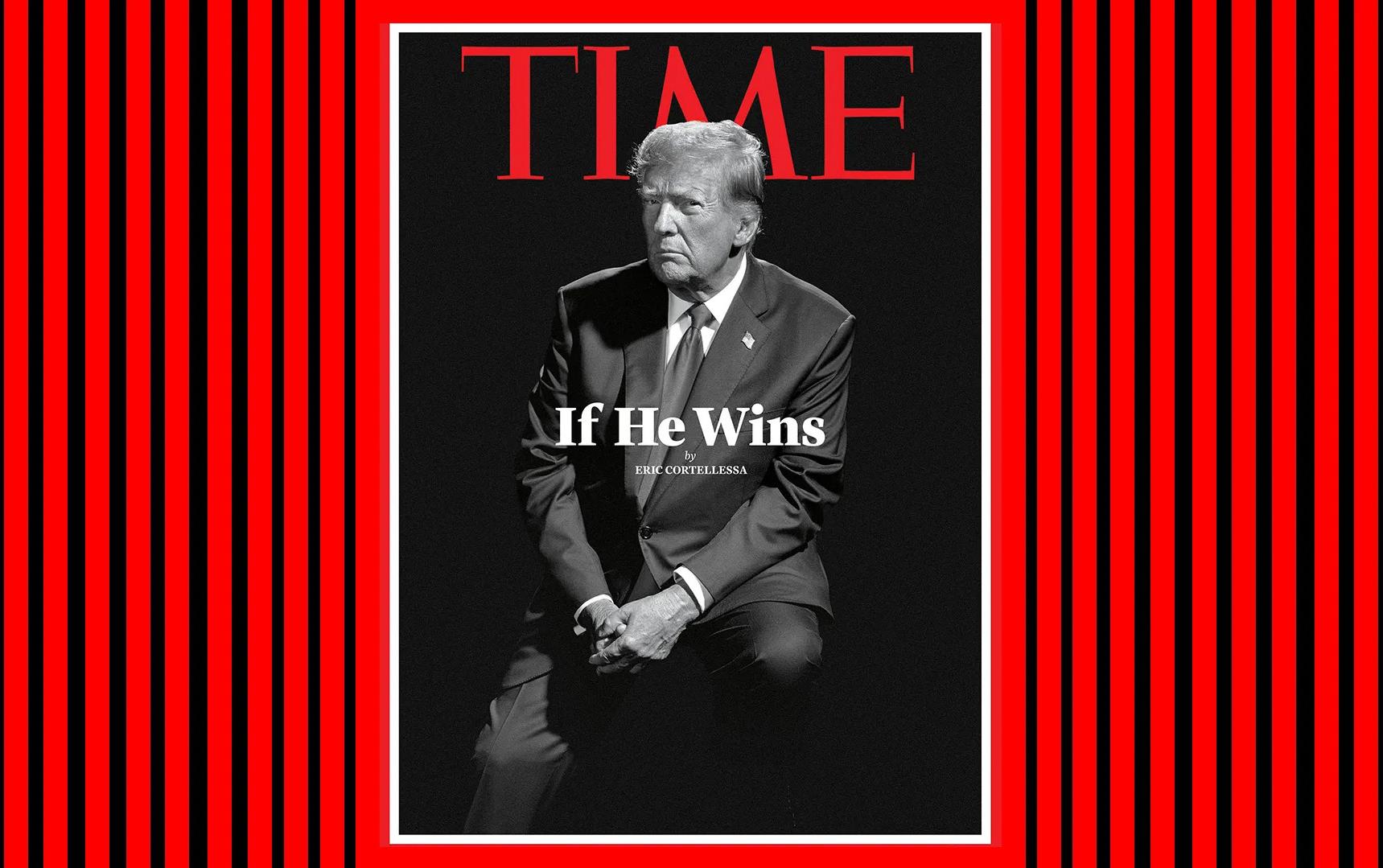
Yan Xuetong, Distinguished Professor, Tsinghua University
May 08, 2024
When discussing the global order and China's foreign policy, we must examine how China adapts its foreign policy to changes in the global order. There is a debate on whether we are returning to a Cold War-like situation. Many believe we are, drawing parallels between the current U.S.-China competition and the former U.S.-Soviet rivalry, which shaped the international power structure.

Brian Wong, Assistant Professor in Philosophy and Fellow at Centre on Contemporary China and the World, HKU and Rhodes Scholar
May 07, 2024
There is an urgent need for China and India to prioritize dialogue, establish baseline agreements, and avoid inflammatory rhetoric to prevent further deterioration in bilateral relations.
Wang Zhen, Professor and Deputy Director, Institute for International Relation Studies, Shanghai Academy of Social Sciences
Apr 30, 2024
The protracted conflict may force the U.S. president to alienate Israel’s Benjamin Netanyahu to the point of jeopardizing the special relationship, thereby causing powerful Jewish voters and lobbies to withdraw their support. Other traditional Democratic constituencies, such as Muslim-Americans, may follow suit.
Dong Yifan, Associate Research Fellow, Belt and Road Academy of Beijing Language and Culture University
Apr 30, 2024
With Donald Trump making another run for the White House and the possible disruptions his election could bring, it is sensible for Germany to enhance win-win cooperation with China and push for the strategic enhancement of China-EU relations.

Jodie Wen, Postdoctoral researcher and assistant fellow, Center for International Security and Strategy at Tsinghua University
Yitong Liu, Master, Committee on International Relations at the University of Chicago
Apr 30, 2024
The youth will be crucial for President Joe Biden’s bid for re-election, as it was in 2020. But Biden’s continued support for Israel is cooling their ardor. To make matters worse, support for Biden among Muslim-Americans — a key voting bloc in some swing states — has taken a nosedive.
Zhang Yun, Professor, School of International Relations, Nanjing University
Apr 30, 2024
Talking, even through hard times, is not only necessary but also meaningful, because the audience is wider than just the two participants. People are listening at the bilateral, regional and global levels.

An Gang, Adjunct Fellow, Center for International Security and Strategy, Tsinghua University
Apr 26, 2024
A victory by Donald Trump is an ugly prospect that most of the world shudders to contemplate. We’re not betting he’ll win in 2024 but are simply acknowledging that it’s possible and that instability is likely to follow. China cannot afford to wait until the last minute before taking action.
Gu Bin, Associate Professor, Beijing Foreign Studies University
Apr 25, 2024
The United States doesn’t hesitate to pressure countries and international organizations to side with it and to isolate Russia. However, it has been unable to persuade China to follow suit. Here’s why.
Han Liqun, Researcher, China Institutes of Contemporary International Relations
Apr 25, 2024
Washington’s strategic misunderstanding of China is a crucial reason, if not the primary one, behind the troubles in China-U.S. relations. Social changes and other factors have long affected Washington’s perceptions of China, and many of these arise from chronic issues in U.S. politics. Currently, at least five factors are at play.
Li Yan, Director of President's Office, China Institutes of Contemporary International Relations
Apr 25, 2024
The U.S. view of competition with China seems to boil down to different notions of what makes a good system of governance. In truth, however, the competition turns on fundamental national interests. By emphasizing ideology, the United States masks its pursuit of immediate interests and long-term dominance.
Back to Top

- China-US Focus builds trust and understanding between the U.S. and China through open dialogue among thought leaders.
- Our Offerings
- Topics
- Videos
- Podcasts
- Columnists
- Research Reports
- Focus Digest
- Stay Connected
-
Thanks for signing up!
- Get the latest stories from China-US Focus weekly.